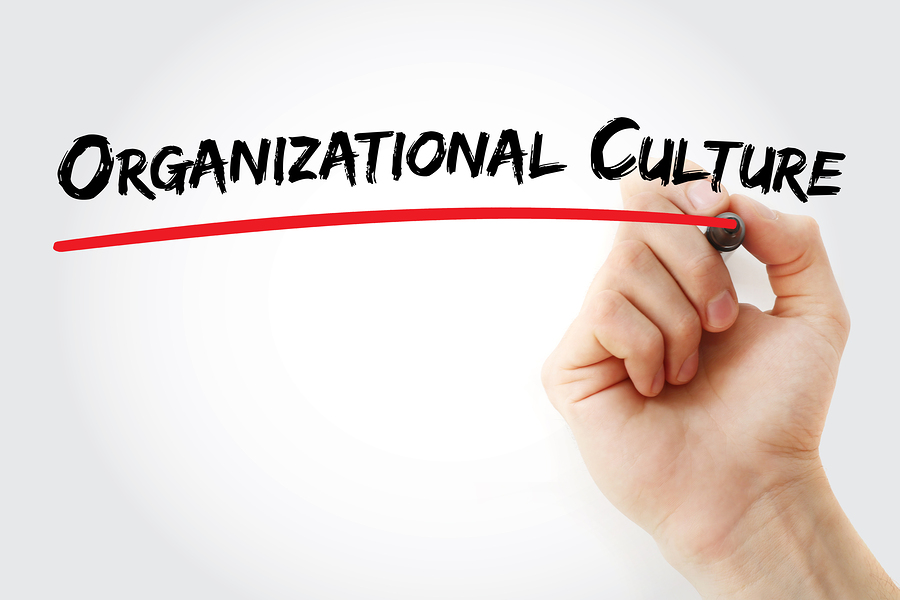Organizational Culture is spoken of in several ways. Because Organizational Culture has become somewhat of a trendy concept, often spoken of as a solution for our changing times, some leaders may be tempted to jump on board simply because it is popular. This highlights the importance of understanding what it truly means and to base organizational culture initiatives on solid information.
Edgar Schein, one of the leading experts in Organization Culture, defines it as: “the accumulated, shared learning of a group as it solves its problems, external adaptation and/or internal integration, which has worked well enough to be considered valid and, therefore, to be taught to new members as the correct way to perceive, think, feel, and behave in relation to those problems. Further, “this accumulated learning is a pattern or system of beliefs, values, and behavioral norms that come to be taken for granted as basic assumptions and eventually drop out of awareness.”
On reflection, we see that Organizational Culture is complex. However, there are three levels at which Organizational Culture may be studied:
- Artifacts – visible and ‘feelable’ phenomena,
- Espoused beliefs and values, and
- Basic underlying and often taken-for-granted assumptions.
These elements are dynamic, so understanding them is not simple. Instead, the goal is, as Kuppler informed, to focus on a specific problem or objective and how the Organizational Culture relates to it rather than understanding the entire Organizational Culture itself. This involves narrowing down to one specific topic, analyzing the topic in the organizational systems, and understanding it from multiple perspectives to come up with effective and realistic recommendations. For example, instead of analyzing organizational culture, a narrower scope could be analyzing employee engagement or leadership effectiveness.
Contrary to popular belief, Organizational Culture is far more than “how we do things around here.” Culture both helps and hinders problem-solving. For this reason, when considering the scope and content of an Organizational Culture program, consultants and organizational leaders will be more successful by understanding:
- What exactly is meant by Organizational Culture,
- What specifically it is that they are trying to accomplish with an Organizational Culture initiative and base the initial organizational analysis on that specific problem or objective, and
- That the organization’s culture is dynamic and constantly changing. It needs to be analyzed with an initial baseline established from which to compare it to in the future. Because it is dynamic, implement only one or two high-leverage recommendations that will make the most impact, and that can be measured at consistent intervals at which time the next high-leverage recommendation may be considered, and
- That organizational culture change takes time and commitment to stay the course. It requires consistent messaging from leaders, modeling the way by the leaders, and recognition for individual’s practice of the behaviours related to the change. It is also beneficial to have change champions who believe in the change, exemplify the behaviours related to the change, and support others to do the same.
What are your thoughts on Organization Culture? From what you know now, what are you more curious about? Where are you and your organization at with understanding and positively shifting your organizational culture to be successful in our quickly changing environments? I would love to hear from you to have a complimentary call to explore your thoughts and questions about organizational culture and about how understanding it can benefit you and your organization. Contact me at jamie@sparksuccess.com to set up a time for our call.
Jamie
Resources
Kuppler, T. (2016, January 14). 20 organizational culture change insights from Edgar Schein. Retrieved February 5, 2018, from http://www.cultureuniversity.com/20-organizational-culture-change-insights-from-edgar-schein/
Schein, E. (2017). Organizational culture and leadership (Fifth ed.). Hoboken, NJ: Wiley.

